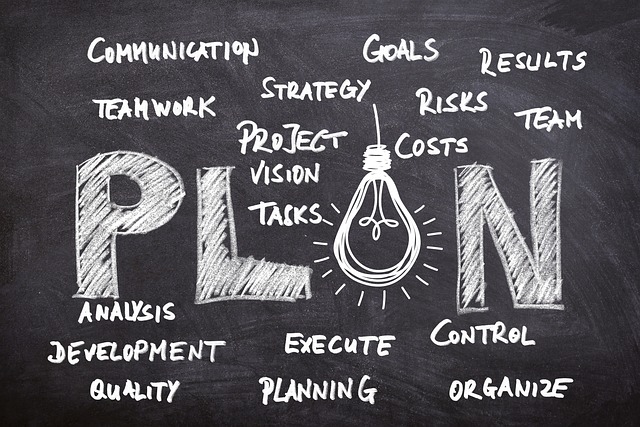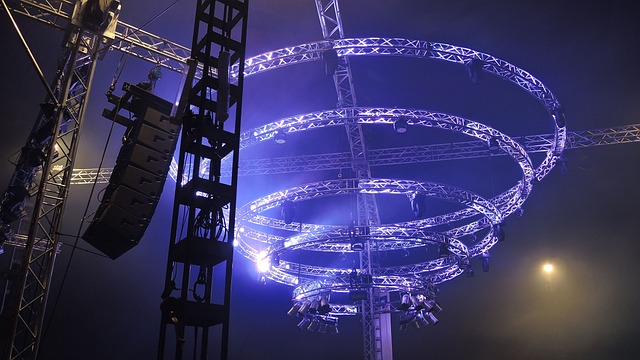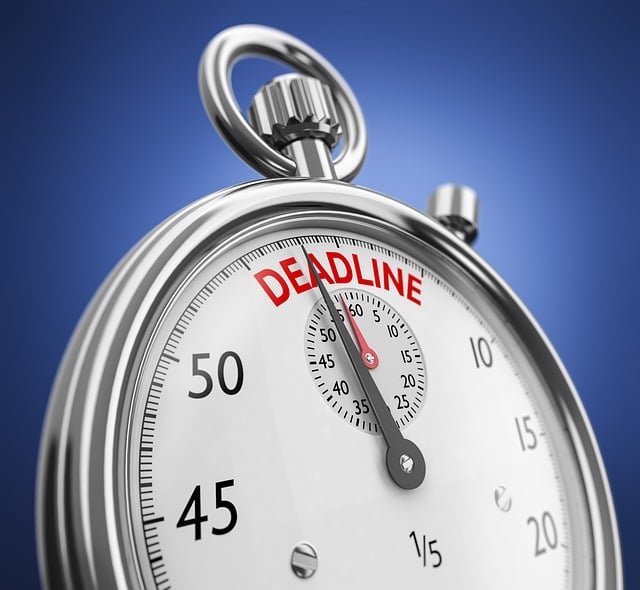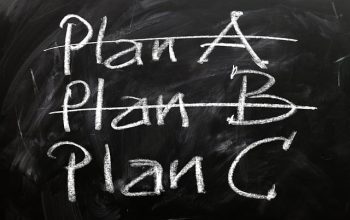Community outreach events planned strategically by local businesses are powerful tools for enhancing reputation, fostering community spirit, and driving foot traffic. Through these events, businesses can network, improve customer loyalty, and contribute to the well-being of their area. Key planning steps include defining purposes, targeting audiences, creating timelines, allocating resources, promoting effectively using various channels, and collaborating with stakeholders. Successful engagement focuses on building meaningful connections within the community. Post-event tracking of key metrics and follow-ups like thank-you notes or social media highlights encourage continued involvement and strengthen business-community bonds.
Community outreach events are powerful tools for local businesses to connect, engage, and build strong relationships with their target audience. This comprehensive guide explores event planning for local businesses, delving into the purpose and benefits of community outreach, strategic planning steps from concept to execution, effective marketing techniques, and crucial post-event follow-up to measure impact and foster lasting partnerships.
- Understanding Community Outreach Events: Their Purpose and Benefits for Local Businesses
- Planning Steps for Successful Community Engagement: From Idea to Execution
- Marketing Your Event: Strategies to Attract and Involve the Local Community
- Measuring Impact and Building Long-Lasting Relationships Through Post-Event Follow-up
Understanding Community Outreach Events: Their Purpose and Benefits for Local Businesses

Community outreach events are strategic initiatives designed to connect local businesses with their surroundings, fostering a sense of belonging and mutual support. These events serve as powerful tools for event planning, offering numerous benefits to participating enterprises. By organizing activities that engage and benefit the community, businesses can enhance their reputation, improve customer loyalty, and contribute to the overall well-being of their neighborhood.
Through event planning for local businesses, companies can showcase their commitment to social responsibility and create a positive image. Such gatherings provide an excellent platform for networking, allowing business owners and employees to interact with potential clients, partners, or investors. Moreover, these events attract local residents, fostering community spirit and boosting business visibility, which is crucial for driving foot traffic and increasing sales within the area.
Planning Steps for Successful Community Engagement: From Idea to Execution

Turning community outreach ideas into successful events requires careful planning and execution. For local businesses looking to engage their neighbors, start by defining your event’s purpose and target audience. Is it a product launch, charity drive, or educational workshop? Clearly understanding your goals will guide every subsequent step.
Next, create a detailed timeline, allocate resources, and identify key stakeholders. Secure necessary permits, collaborate with local organizations, and reach out to potential speakers or performers. Effective communication is paramount; use social media, email newsletters, and community boards to promote the event and gather registrations. Remember, successful engagement goes beyond promotion; it’s about building meaningful connections and fostering a sense of belonging within your community.
Marketing Your Event: Strategies to Attract and Involve the Local Community

When planning community outreach events, effective marketing is key to attracting and engaging local residents. Utilize social media platforms to create buzz around your event; share regular updates, engage with followers, and leverage hashtags relevant to both your cause and the community. Partnering with local influencers or businesses can also amplify your reach, as their established networks will expose your event to a wider audience.
Consider hosting a press conference or issuing news releases to local media outlets, especially if your event aligns with any current community interests or issues. Simple strategies such as distributing flyers in neighborhood shops and posting notices on community boards can make a significant difference. Engage the local business community by offering sponsorship opportunities; this not only provides financial support but also increases exposure for your event through their promotional channels.
Measuring Impact and Building Long-Lasting Relationships Through Post-Event Follow-up

After a community outreach event, measuring its impact is just as crucial as planning it. Local businesses can gauge success by tracking key metrics such as attendance, engagement levels, and participant feedback. This data provides valuable insights into the event’s effectiveness and helps identify areas for improvement. Moreover, following up with participants post-event fosters lasting relationships. Businesses can maintain community involvement through personalized thank-you notes, sharing event highlights on social media, or offering exclusive discounts to attendees. These efforts create a positive cycle, encouraging continued participation and strengthening the bond between local businesses and their community.
In the context of event planning for local businesses, post-event follow-up is not merely polite; it’s a strategic move to build and nurture relationships. By keeping the community engaged after the initial event, businesses can turn one-time participants into loyal advocates. This long-term approach ensures that outreach efforts translate into tangible benefits for both the business and the community, fostering a vibrant and interconnected local ecosystem.
Community outreach events are a powerful tool for local businesses to connect, engage, and grow. By understanding their purpose, planning strategically, marketing effectively, and following up afterward, businesses can create meaningful experiences that benefit both the company and the community. Event planning for local businesses doesn’t have to be complex; with the right strategies, each event can be a step towards stronger relationships and a thriving local landscape.



